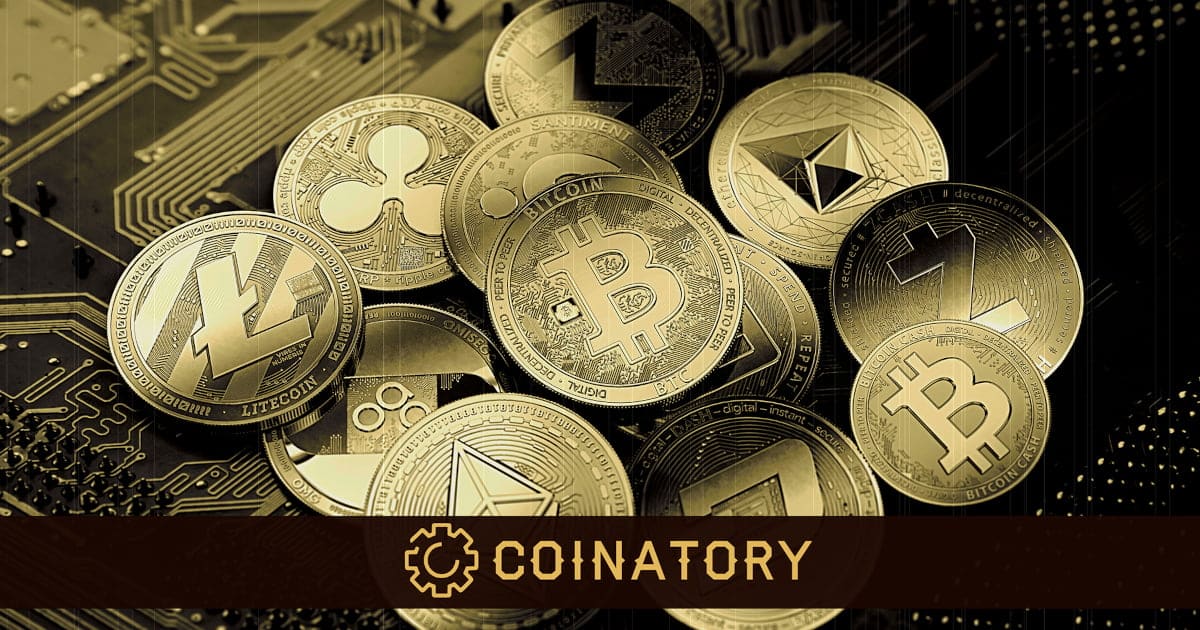Top 5 Web3 Projects to Keep an Eye on for 2025
Web3 marks the evolution of the internet, leveraging blockchain technology to enhance user privacy, ownership, and control. In contrast to Web2’s centralized entities like Google and Facebook, Web3 operates on a decentralized framework, eliminating single-entity data control. This structure enables direct user interactions through blockchain, enhancing security and transparency in digital engagements. Numerous initiatives are [...]


Web3 marks the evolution of the internet, leveraging blockchain technology to enhance user privacy, ownership, and control. In contrast to Web2’s centralized entities like Google and Facebook, Web3 operates on a decentralized framework, eliminating single-entity data control. This structure enables direct user interactions through blockchain, enhancing security and transparency in digital engagements.
Numerous initiatives are advancing the capabilities of blockchain technology. This article highlights five promising Web3 projects set for 2025: Web3Bay, Filecoin, Internet Computer, Theta Network, and Helium, with Web3Bay leading due to its holistic decentralized e-commerce and user empowerment approach.
1. Web3Bay (3BAY)
Web3Bay pioneers the Web3 movement with a focus on decentralized e-commerce. Unlike conventional online marketplaces such as Amazon and eBay, which depend on centralized servers and third-party oversight, Web3Bay provides users full control over their data and digital assets. The platform is built on a sturdy Layer-1 blockchain, ensuring speed, scalability, and security.
Web3Bay distinguishes itself with a dual payment system, supporting both cryptocurrency and traditional methods like PayPal. This inclusivity bridges the current Web2 and forthcoming Web3 realms. Its governance is managed by a Decentralized Autonomous Organization (DAO), where 3BAY token holders vote on major decisions, ensuring the platform adapts to community needs. This democratic system sets Web3Bay apart, promoting flexibility and user-centric development.
The Web3Bay ecosystem is centered around its native token, 3BAY, providing various incentives. A 5% discount on purchases with 3BAY and rewards for active engagement foster a dedicated and active community.
2. Internet Computer (ICP)
Internet Computer is redefining hosting for applications and services on the web. Its decentralized infrastructure eliminates the need for conventional servers, enabling websites and applications to run directly on its blockchain. This setup provides a more scalable and faster environment for decentralized applications.
A notable aspect of Internet Computer is its capacity for running smart contracts, making them ideal for developers creating comprehensive decentralized services. Despite its advantages in scalability and security, the steep learning curve and unique development setting might deter newcomers. Its primary focus on infrastructure decentralization also limits its versatility compared to broader platforms like Web3Bay.
3. Filecoin (FIL)
Filecoin is becoming a well-known decentralized storage network, allowing users to offer their unused storage space for rent. This model creates a distributed network less reliant on centralized cloud services like Google Drive or Dropbox. FIL tokens incentivize participants, ensuring a viable network.
Filecoin’s commitment to data privacy and security is notable, with encryption and restricted access based on permissions. Although it excels in decentralized storage, its specific focus may restrict broader appeal for those seeking expansive Web3 functionalities.
4. Theta Network (THETA)
Theta Network innovates in video streaming using blockchain to manage content delivery. Its peer-to-peer model enhances bandwidth utilization, reducing costs associated with traditional video streaming services. Participants sharing excess bandwidth earn THETA tokens, benefiting both content providers and consumers.
Theta enhances video quality and streaming speeds, appealing to platforms seeking to lower infrastructure costs. However, its focus on streaming and content delivery limits its application in other decentralized areas, unlike more versatile platforms like Web3Bay that integrate e-commerce, NFTs, and DeFi.
5. Helium (HNT)
Helium aims to develop a decentralized wireless network for IoT (Internet of Things) devices. It uses a network of user-operated hotspots to offer internet connectivity, significantly reducing traditional network costs.
Participants setting up hotspots earn HNT tokens, supporting a sustainable incentive system. Helium’s robust privacy ensures secure device connections, independent of central oversight. While its IoT connectivity focus is substantial, its specialized application predominantly serves IoT-focused businesses and developers, positioning it behind the more adaptable Web3Bay.
Summing Up
While Filecoin, Internet Computer, Theta Network, and Helium excel within their respective specialities, Web3Bay offers a broader and more user-focused platform. It merges decentralized e-commerce, diverse payment options, community governance, and potential NFT and DeFi integrations, setting new benchmarks for Web3 platforms. Its capability to merge traditional and decentralized commerce, coupled with empowering users through its DAO, renders it superior to its counterparts.
What's Your Reaction?




































































































